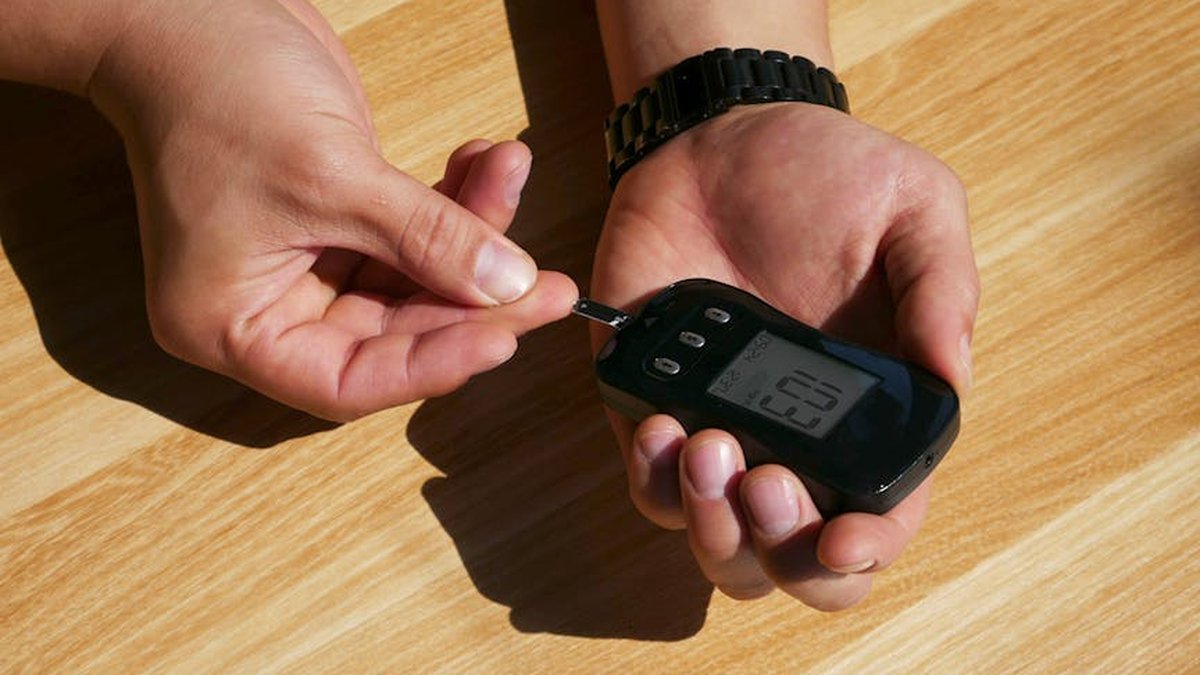Understanding and Managing High Blood Pressure: Lifestyle Changes and Medical Interventions
High blood pressure, also known as hypertension, is a common condition affecting millions worldwide. It’s often called the ‘silent killer’ because it usually has no symptoms, yet it significantly increases the risk of heart disease, stroke, kidney disease, and other serious health problems. Understanding what high blood pressure is and how to manage it is crucial for maintaining overall health and well-being.
What is High Blood Pressure?
Blood pressure is the force of your blood pushing against the walls of your arteries. It’s measured in millimeters of mercury (mmHg) and recorded as two numbers: systolic (the pressure when your heart beats) over diastolic (the pressure when your heart rests between beats). A normal blood pressure reading is typically below 120/80 mmHg.
High blood pressure is generally defined as a reading of 130/80 mmHg or higher. There are different stages of hypertension, and your doctor can determine the appropriate course of action based on your individual circumstances.
Types of Hypertension
- Primary Hypertension: This is the most common type and develops gradually over many years. Its exact cause is often unknown, but it’s linked to factors like genetics, lifestyle, and age.
- Secondary Hypertension: This is caused by an underlying medical condition, such as kidney disease, sleep apnea, thyroid problems, or certain medications. Treating the underlying condition can often lower blood pressure.
Lifestyle Changes to Lower Blood Pressure
Making healthy lifestyle changes is often the first line of defense against high blood pressure. These changes can significantly lower your blood pressure and reduce your risk of complications.
Dietary Approaches to Stop Hypertension (DASH) Diet
The DASH diet is a proven eating plan designed to lower blood pressure. It emphasizes:
- Eating plenty of fruits, vegetables, and whole grains.
- Choosing lean protein sources like fish, poultry, and beans.
- Limiting saturated and trans fats, cholesterol, and sodium.
- Including low-fat dairy products.
For example, instead of grabbing a processed snack, opt for an apple with a handful of almonds. Replace sugary drinks with water or unsweetened tea. Small changes can make a big difference.
Reducing Sodium Intake
Excess sodium can cause your body to retain fluid, which increases blood pressure. Aim for less than 2,300 milligrams (mg) of sodium per day, or even less if you have high blood pressure. Read food labels carefully and avoid processed foods, which are often high in sodium. Cook at home more often so you can control the amount of salt you add.
Regular Physical Activity
Regular exercise helps lower blood pressure and strengthens your cardiovascular system. Aim for at least 150 minutes of moderate-intensity aerobic activity per week, such as brisk walking, jogging, swimming, or cycling. Even short bursts of activity throughout the day can be beneficial.
Maintaining a Healthy Weight
Being overweight or obese increases your risk of high blood pressure. Losing even a small amount of weight can have a significant impact on your blood pressure and overall health. Focus on making sustainable changes to your diet and exercise habits.
Limiting Alcohol Consumption
Drinking too much alcohol can raise blood pressure. If you drink alcohol, do so in moderation. This means up to one drink per day for women and up to two drinks per day for men.
Managing Stress
Chronic stress can contribute to high blood pressure. Find healthy ways to manage stress, such as practicing relaxation techniques like deep breathing, meditation, or yoga. Spending time in nature, pursuing hobbies, and connecting with loved ones can also help reduce stress.
Medical Interventions for High Blood Pressure
While lifestyle changes are crucial, some people may also need medication to manage their high blood pressure. Your doctor will determine the appropriate medication based on your blood pressure readings, overall health, and other factors.
Common Blood Pressure Medications
- Diuretics: Help your kidneys remove excess sodium and water from your body, which lowers blood pressure.
- ACE Inhibitors: Block the production of a hormone that narrows blood vessels.
- ARBs (Angiotensin II Receptor Blockers): Block the action of a hormone that narrows blood vessels.
- Beta-Blockers: Slow your heart rate and reduce the force of your heart’s contractions.
- Calcium Channel Blockers: Relax the muscles in your blood vessels.
Working with Your Doctor
It’s essential to work closely with your doctor to monitor your blood pressure and adjust your treatment plan as needed. Be sure to take your medications as prescribed and attend regular checkups. Don’t hesitate to discuss any concerns or side effects you may be experiencing.
Managing high blood pressure is a lifelong commitment that requires a combination of lifestyle changes and, in some cases, medical interventions. By understanding the condition and taking proactive steps to control it, you can significantly reduce your risk of serious health problems and live a longer, healthier life. Remember to consult with your healthcare provider for personalized advice and treatment.






